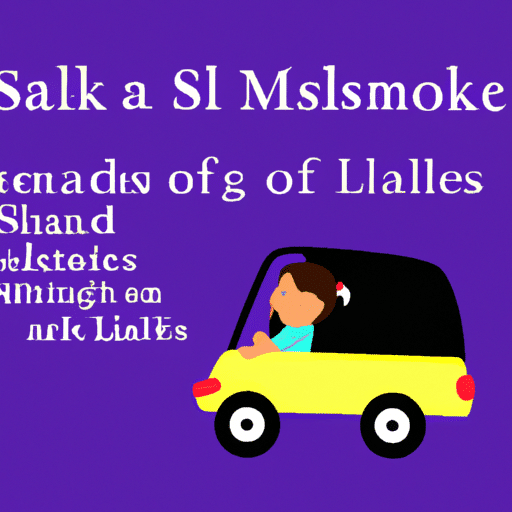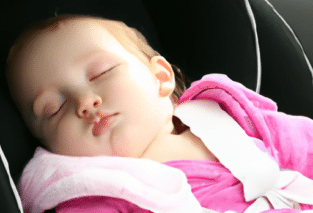Do you ever wonder if babies get car sick? It’s a common concern for parents, especially when planning long road trips or even short drives around town. Motion sickness can be unpleasant for anyone, but for infants who can’t communicate their discomfort, it can be particularly challenging. In this article, we will explore whether babies are prone to car sickness and provide some helpful tips on how to keep them comfortable during car rides. So, let’s get started and ease your worries about those car trips with your little bundle of joy!
Causes of car sickness in babies
Motion sickness
Motion sickness occurs when there is a discrepancy between the movement that the body senses and the movement that the eyes see. This can cause nausea, dizziness, and vomiting in babies. The rocking motion of the car may trigger these symptoms, especially during sudden stops or turns.
Sensory conflict
Babies have developing sensory systems that may not be fully coordinated yet. When a baby is in a moving car, their visual system perceives movement, but their vestibular system, which controls balance, may not be able to fully process it. This sensory conflict can lead to car sickness.
Immature inner ear
The inner ear, also known as the vestibular system, plays a crucial role in maintaining balance and informing the brain about the body’s position and movement. In babies, the inner ear is not fully developed, which can make them more susceptible to car sickness.
Weak neck muscles
Babies have weak neck muscles, and their heads are still not fully supported. This lack of neck control can exacerbate the symptoms of car sickness, as their heads may bobble around during the car ride, causing additional discomfort and motion-related discomfort.
Symptoms of car sickness in babies
Nausea and vomiting
One of the most common symptoms of car sickness in babies is nausea and vomiting. The sensation of motion, combined with the sensory conflict and immature inner ear, can trigger these symptoms. It is important to have appropriate measures in place to handle the potential mess associated with vomiting during car rides.
Pale appearance
Babies experiencing car sickness may have a pale appearance due to increased blood flow to the stomach and a decrease in blood flow to the face. This paleness is a result of the body’s response to the discomfort and nausea associated with car sickness.
Restlessness and fussiness
Car sickness can make babies feel uncomfortable and restless. They may become fussy, cry, or show signs of discomfort during the car ride. Babies may try to communicate their discomfort through their behavior, and it’s essential to address their needs and comfort during these times.
Excessive yawning
Excessive yawning is another symptom that babies experiencing car sickness may display. Yawning is believed to be the body’s response to increased levels of anxiety and stress. Yawning helps regulate the body and release tension, making it a common reaction during car sickness episodes.
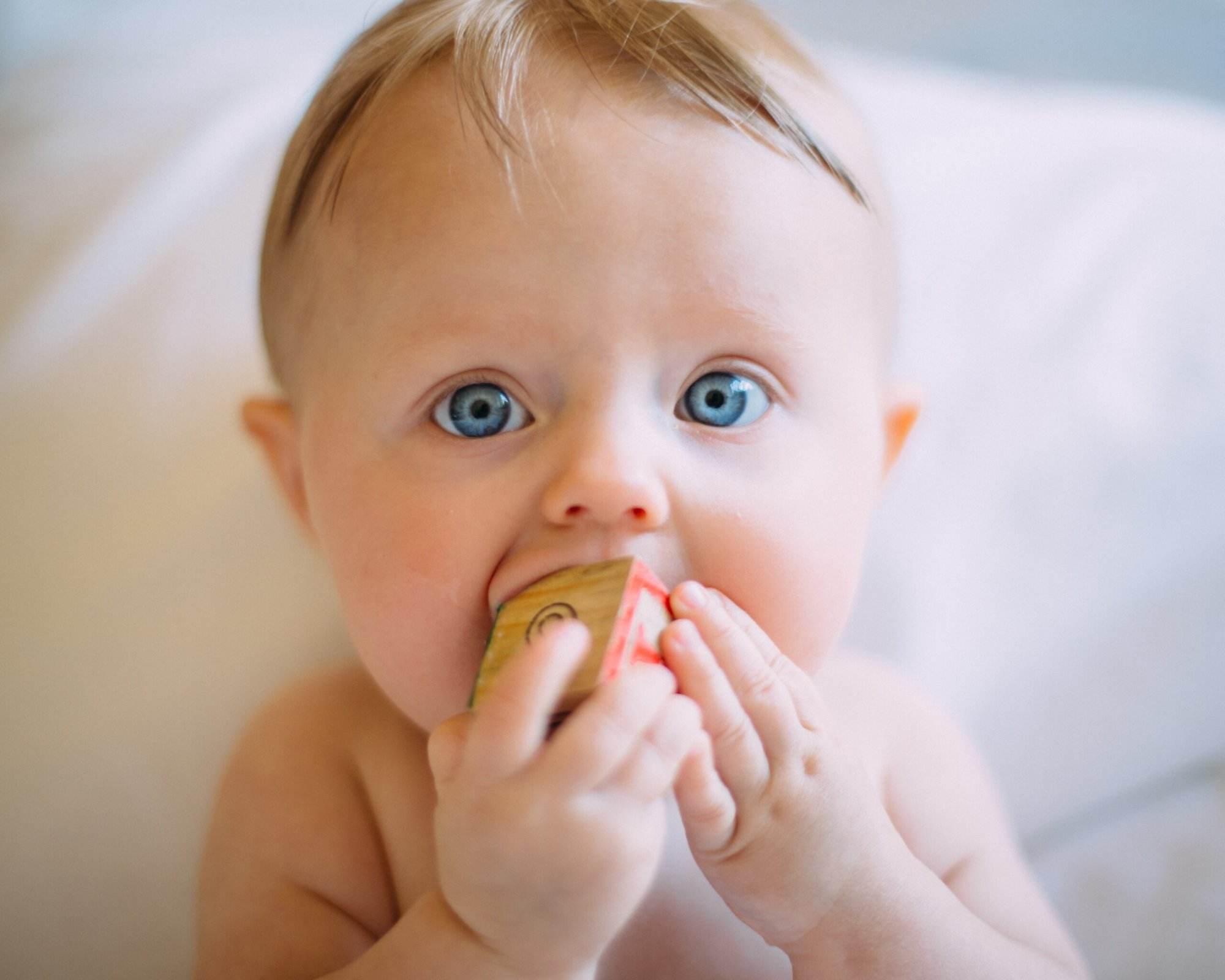
Factors that may increase the likelihood of car sickness in babies
Age
Younger babies, especially those under two years old, are more susceptible to car sickness. This is because their sensory systems and inner ears are still developing, making it harder for them to adapt to the motion and sensory conflicts associated with car rides.
Length of journey
Longer journeys can contribute to increased likelihood of car sickness in babies. The longer the baby is exposed to the motion and sensory conflicts, the more their symptoms may manifest. Shorter trips may still cause discomfort, but the severity might be less pronounced.
Car seat orientation
The orientation of the car seat can also impact car sickness in babies. Rear-facing car seats may increase the likelihood of car sickness, as they limit the baby’s ability to see the surrounding environment and may lead to more sensory conflicts.
Driving style
Aggressive or erratic driving styles can exacerbate car sickness in babies. Sudden stops, accelerations, and sharp turns can increase the discomfort and sensory conflicts experienced by the baby. Maintaining a smooth and consistent driving style can help minimize the symptoms of car sickness.
Tips to prevent car sickness in babies
Choose the right car seat
Selecting the appropriate car seat for your baby’s age and size can help alleviate car sickness symptoms. A rear-facing car seat may be more suitable for younger babies, while a forward-facing car seat can provide better visibility and reduce sensory conflicts for older babies.
Ensure a comfortable environment
Creating a comfortable environment within the car can help prevent car sickness in babies. Make sure the temperature is moderate, and the car is well-ventilated. Dress your baby in comfortable clothing and ensure that they are appropriately secured in their car seat.
Reduce sensory stimulation
Reducing sensory stimulation can minimize the conflicting information that the baby’s developing sensory system has to process. Avoid playing loud music or having bright lights within the car. Keep the car interior as calm and peaceful as possible to minimize the triggers for car sickness.
Provide distractions
Engaging your baby in activities or providing distractions during the car ride can help divert their attention from the symptoms of car sickness. Play soft music, provide toys, or sing songs to keep them occupied and engaged. This can help reduce their focus on the discomfort and lessen the severity of car sickness symptoms.
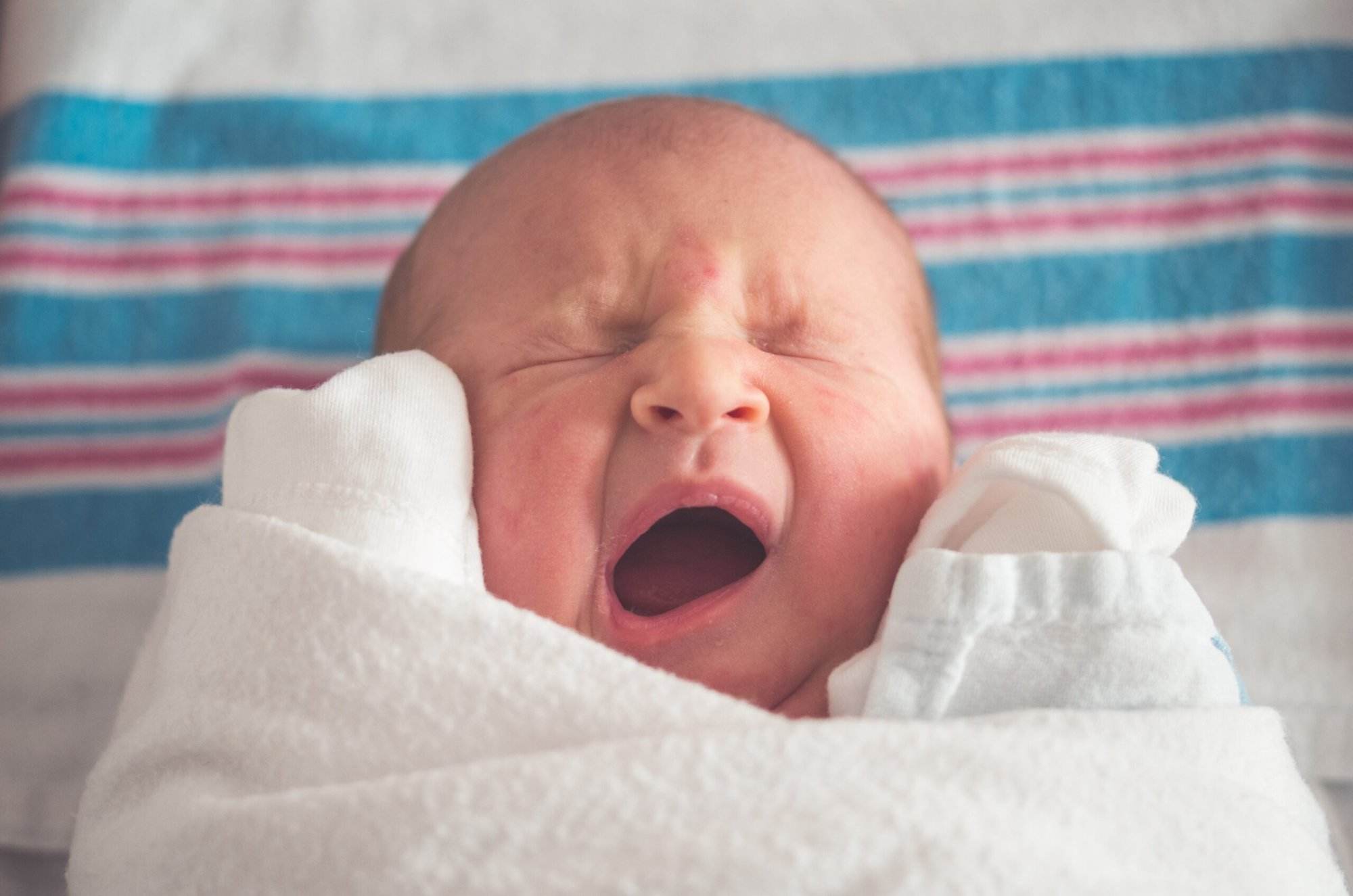
Home remedies to alleviate car sickness in babies
Keep the car well-ventilated
Maintaining proper ventilation within the car can help alleviate the symptoms of car sickness. Fresh air can help reduce nausea and discomfort. Open the windows slightly or use the car’s air conditioning system to ensure a well-ventilated environment.
Offer sips of water
Hydration is essential during car rides, especially for babies prone to car sickness. Offering small sips of water can help keep them hydrated and reduce the chances of nausea. Avoid giving large amounts of liquid to prevent potential vomiting.
Use acupressure bands
Acupressure bands, commonly used for motion sickness, can also be beneficial for babies prone to car sickness. These bands apply gentle pressure on specific points on the wrists that can help alleviate nausea and reduce the severity of symptoms.
Avoid feeding right before the journey
Feeding your baby right before a car journey can increase the likelihood of car sickness. Having a full stomach can contribute to feelings of nausea and discomfort. It is best to feed your baby at least one hour before the journey to allow for digestion and reduce the chances of car sickness.
Medical treatments for car sickness in babies
Anti-nausea medications
In severe cases of car sickness in babies, a doctor may prescribe anti-nausea medications. These medications can help alleviate the symptoms of car sickness and make the baby more comfortable during car rides. However, it is important to consult a healthcare professional before administering any medication to your baby.
Transdermal patches
Transdermal patches containing scopolamine, a medication commonly used for motion sickness, can be applied behind the ears to help prevent car sickness in babies. These patches slowly release medication into the bloodstream, providing long-lasting relief from car sickness symptoms.
Wristbands with electric stimulation
Wristbands that deliver electric stimulation, known as neuromodulation, can be used to alleviate car sickness symptoms. These wristbands emit low-level electrical impulses that interfere with the signals sent to the brain, reducing the sensation of motion sickness.
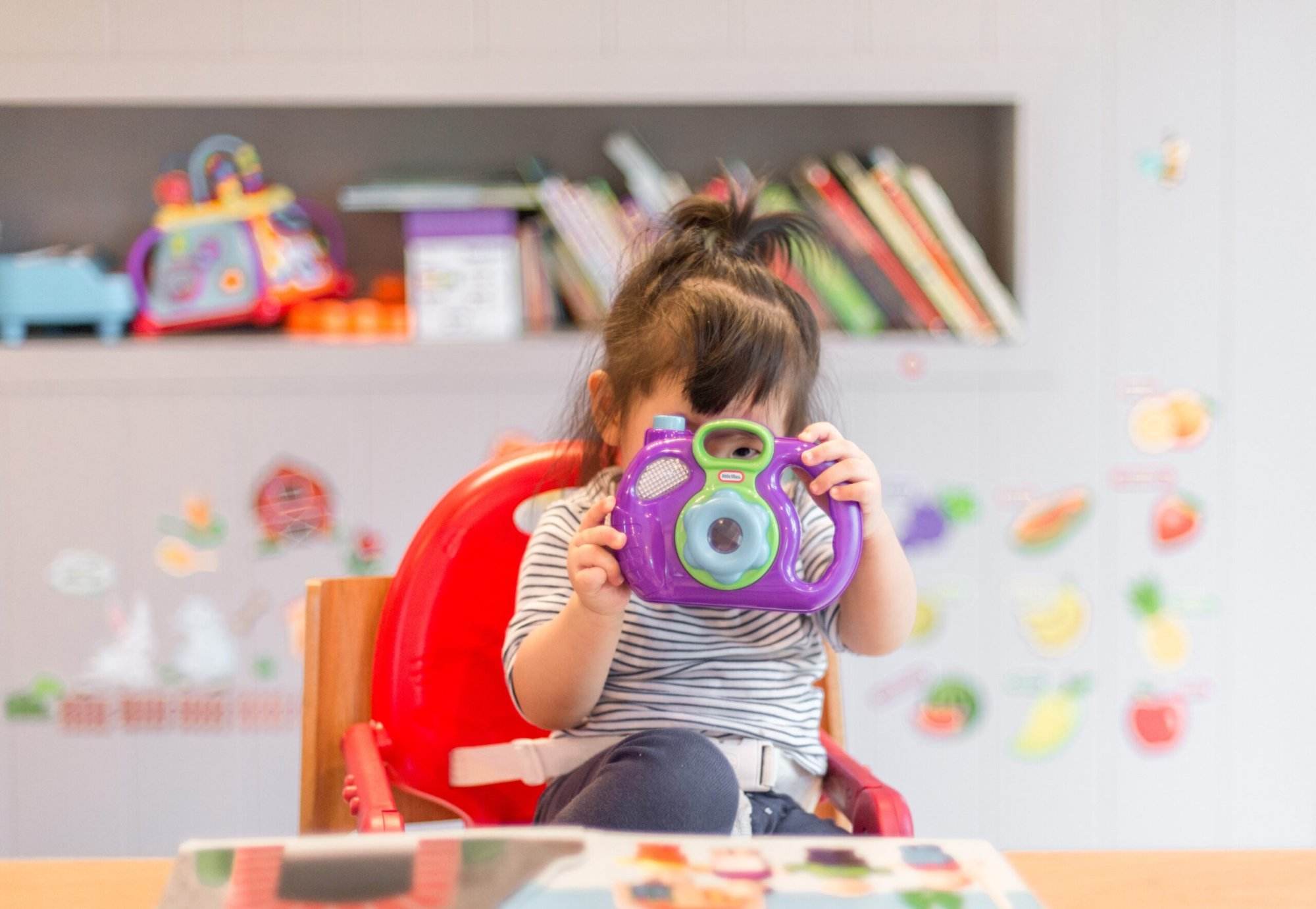
When to consult a doctor about car sickness in babies
Persistent and severe symptoms
If your baby continues to experience severe symptoms of car sickness that disrupt their daily life and well-being, it is important to consult a doctor. Persistent and severe symptoms may require further medical evaluation and treatment to alleviate the discomfort and distress.
Weight loss or poor growth
If your baby is not gaining weight or experiencing poor growth due to car sickness episodes, it is crucial to seek medical advice. Car sickness should not negatively impact a baby’s nutrition or growth, and a healthcare professional can provide guidance on managing these issues.
Dehydration
Frequent vomiting during car rides can lead to dehydration in babies. If you notice signs of dehydration, such as dry mouth, decreased urine output, or lethargy, it is essential to consult a doctor. Dehydration can have serious consequences for a baby’s health and needs to be addressed promptly.
Other concerning signs
If your baby displays any other concerning signs or symptoms during car sickness episodes, such as difficulty breathing, excessive sleepiness, or a sudden change in behavior, it is important to seek medical attention. These signs may indicate an underlying condition that needs immediate evaluation and treatment.
Alternative modes of transportation for babies prone to car sickness
Trains
Traveling by train can be a suitable alternative for babies prone to car sickness. Trains generally provide a smoother and less bumpy ride compared to cars. The consistent motion and lack of sudden stops and turns can help reduce the likelihood of car sickness in babies.
Boats
Boat travel can be another option for babies prone to car sickness. The gentle rocking motion of the boat can have a calming effect and may be less likely to trigger car sickness symptoms. However, it is important to consider safety measures and choose appropriate boats for the age and size of the baby.
Air travel
Air travel can be a convenient option for babies prone to car sickness, as it eliminates the constant motion and sensory conflicts associated with car rides. However, it is important to note that air travel may have its own set of challenges and considerations, such as ear pressure changes during takeoff and landing.
Bus or coach travel
Traveling by bus or coach can be a viable alternative for babies prone to car sickness. These modes of transportation usually provide a smoother and more controlled ride compared to cars. The larger and more stable nature of buses can help reduce the occurrence of car sickness symptoms.

Common misconceptions about car sickness in babies
Babies grow out of car sickness
It is a common misconception that babies will grow out of car sickness as they get older. While some babies may outgrow their car sickness symptoms, others may continue to experience discomfort and nausea during car rides. It is important to understand that every baby is different, and their car sickness experiences may vary.
Car sickness is solely caused by motion
While motion plays a significant role in car sickness, there are other contributing factors, such as sensory conflicts and immature inner ear. Car sickness is a result of the complex interaction between various sensory systems and their ability to perceive and process motion.
Only forward-facing car seats prevent car sickness
While forward-facing car seats may provide better visibility and reduce sensory conflicts for older babies, they do not guarantee the prevention of car sickness. The individual baby’s susceptibility to car sickness and the overall comfort of the car seat are more important factors in managing car sickness symptoms.
Final thoughts on car sickness in babies
Car sickness can be a challenging experience for both babies and their parents. Understanding the causes, symptoms, and potential remedies can help parents better manage and alleviate car sickness in their babies. It is important to remember that every baby is unique, and finding the right strategies and solutions may require some trial and error. By providing a comfortable and calming environment, choosing appropriate modes of transportation, and seeking medical advice when necessary, parents can help minimize the impact of car sickness on their baby’s well-being and ensure safer and more enjoyable journeys.
